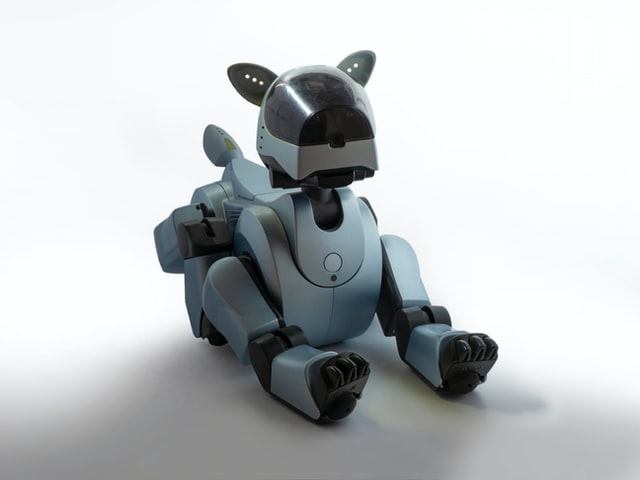Companion robots, whether for practical or sentimental purposes, have been around for a while. But this pandemic presents an opportunity for their popularity to grow. With many people isolating themselves, they’ve grown lonely or are lacking in vital assistance. Some things robots are able to do are provide comfort, tell jokes, recite Bible passages, play music, or, for those with more physical needs, feed you, bathe you, or lift you up out of bed. Benefits of robotic companions are that they are always available and never get angry at you, won’t forget important dates or times, and won’t be abusive or fraudulent.
There’s fairly solid consensus that robot companions are useful during a pandemic. Some worry, though, what may happen to human companionship or caregiving if robots catch on beyond their use during a pandemic. As much as social robots can try to fill the void for people who are truly isolated, humans still require interaction with other humans for their mental health. Family members may feel their elderly relatives are completely fine because they aren’t totally on their own, but that would be a mistake. And there are also concerns with the robots themselves — some of them have built-in cameras to monitor when they are needed, which, while they are intended as a safety feature, may be a privacy concern for many people. It’s also inevitable that some caregivers would lose their jobs to robots.
Photo by Brett Jordan on Unsplash
